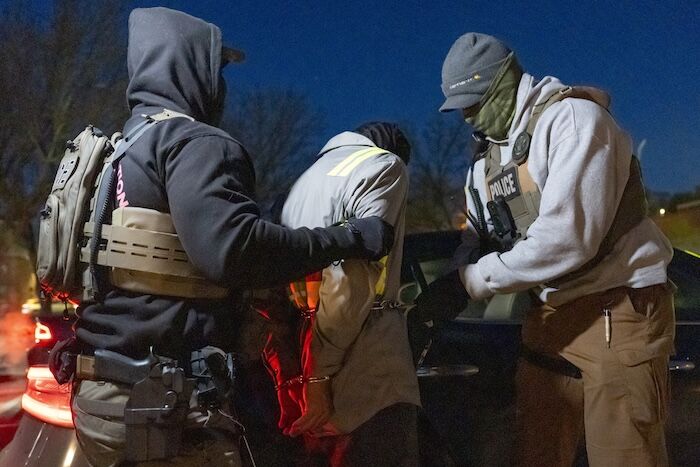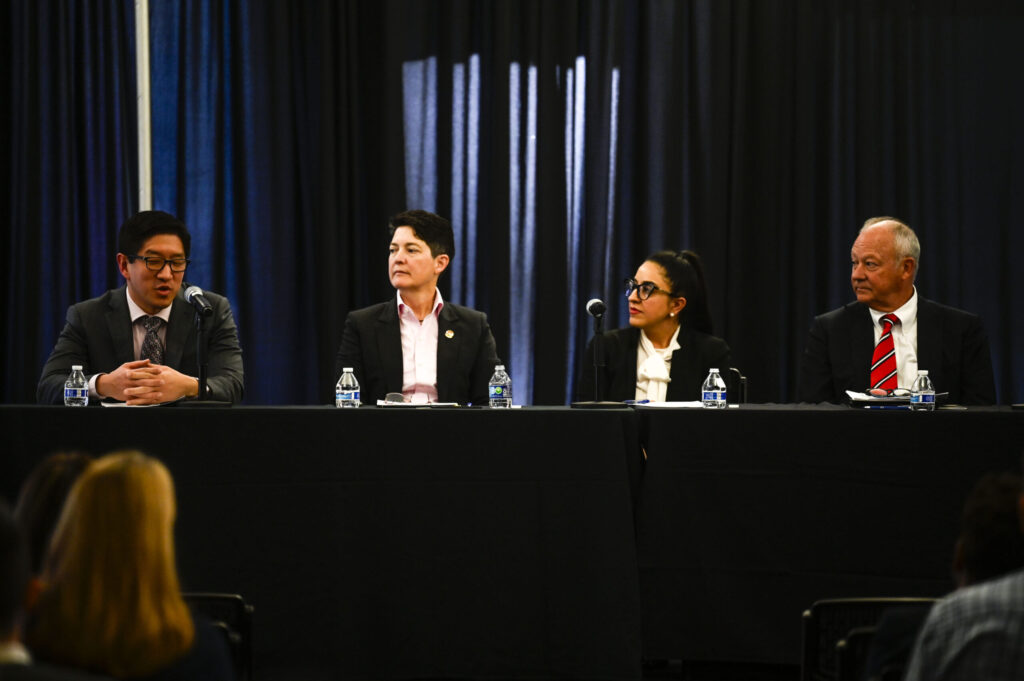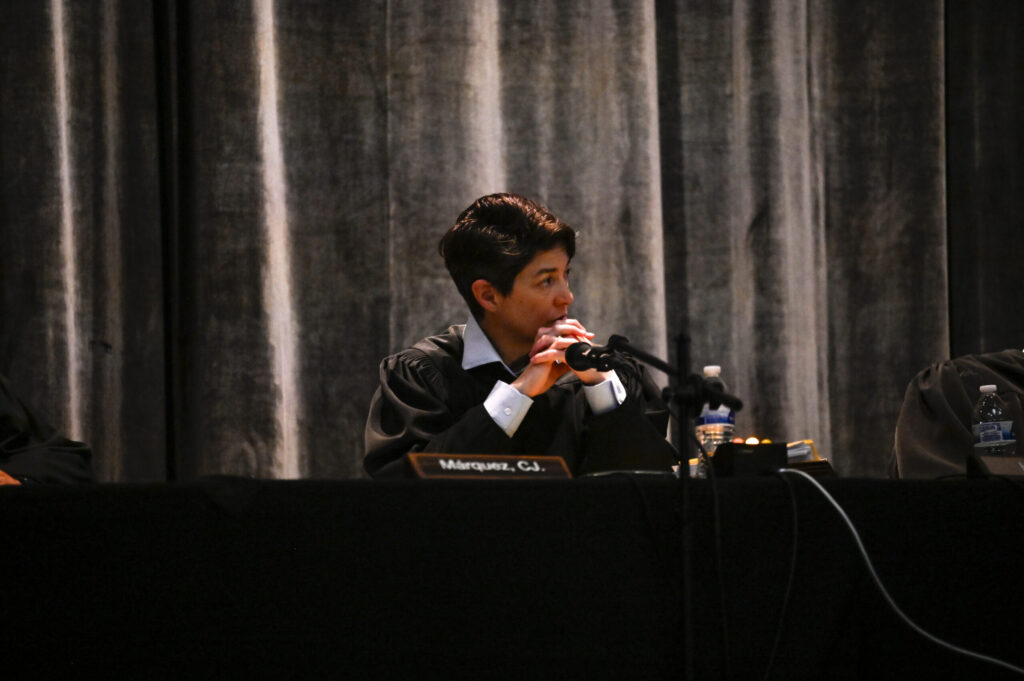Denver judge wrongly found government had proven juvenile’s probation violation, says appeals court
Colorado’s second-highest court last month rejected a Denver judge’s conclusion that a juvenile defendant had violated the terms of his probation, which resulted in a sentence of 15 days’ detention plus additional probation.
In a May 1 opinion, a three-judge Court of Appeals panel noted a juvenile identified as M.M-S. pleaded guilty to possessing a handgun and motor vehicle theft. The offenses were a misdemeanor and a felony, respectively. After his plea, M.M-S. received a deferred adjudication for the felony charge — meaning if he completed one year of probation without incident, the case would be dismissed.
Months later, M.M-S.’s probation officer alleged violations of four probationary conditions. M.M-S. denied the violations and requested a hearing.
The probation officer, Tyler Pannell, testified M.M-S. “struggled” with compliance in multiple areas. The prosecutor then asked if M.M-S. violated condition three, which required M.M-S. to report to his probation officer at reasonable times as directed.
“No, he struggled with that,” Pannell responded.
“Did he violate that condition?” asked the prosecutor.
“Yes,” said Pannell.
In closing, the defense argued there was no testimony about the specifics of M.M-S.’s alleged failure to report. If a probation officer’s conclusion that there was a violation was enough, “then there would be zero point for a hearing,” M.M-S.’s attorney said.
The unidentified magistrate concluded M.M-S. had violated all four conditions as alleged and revoked his probation. A different magistrate subsequently entered a conviction for the felony charge and sentenced M.M-S. to 15 days of detention plus 15 more months of probation.
On appeal, then-Denver Juvenile Court Presiding Judge D. Brett Woods acknowledged the evidence of certain violations was a “close call.” However, he noted the prosecution only needed to prove one violation and they had done so with condition three.
“The testimony was clear, the Probation Officer testified that the juvenile violated the Condition and that the juvenile had failed to report to probation,” wrote Woods.
Turning to the Court of Appeals, M.M-S. contended his probation officer did not introduce any facts that actually illustrated a violation. The appellate panel agreed Pannell’s testimony was “unequivocal” that M.M-S. had violated the condition, but his conclusion alone was not proof of a violation.
“Some factual basis was required,” wrote Judge Craig R. Welling.
Welling elaborated that Pannell had testified M.M-S. “texted me ahead of time, letting me know he was on his way” to one meeting, but then he “never showed up.”
“But this limited testimony doesn’t provide any detail that would tend to prove that M.M-S. was scheduled to meet with Pannell at a reasonable time,” Welling wrote.
Because Woods had only addressed M.M-S.’s alleged violation of condition three, there were no other grounds to uphold the decision revoking his probation.
The case is People in the Interest of M.M-S.
Colorado Politics Must-Reads:











